Sudan
One year into the war in Sudan, the precarious conditions and lack of aid is pushing the country to the edge of famine, according to humanitarian agencies.
The war in Sudan that began a year ago between the country’s military, chaired by Gen. Abdel-Fattah Burhan, and the notorious Rapid Support Forces, commanded by Gen. Mohammed Hamdan Dagalo will mark one year on Monday.
The war in the African country has killed thousands and forced eight million people to flee their homes to safer areas inside Sudan or to neighbouring countries, according to United Nations figures.
But the precarious conditions and lack of aid is pushing Sudan to the edge of famine.
The food security situation has become the "biggest concern" for humanitarian agencies working in Sudan.
The international community’s authority on determining the severity of hunger crises warned last month that immediate action is needed to “prevent widespread death and total collapse of livelihoods and avert a catastrophic hunger crisis in Sudan.”
The Integrated Food Security Phase Classification, or IPC, said that security conditions and lack of access meant the agency was unable to update its assessment from December, when it found 17.7 million people in Sudan were facing acute food insecurity: of them about 5 million being one step from famine.
Malnutrition
In Kassala State, Adam Mohamed, the Director-General of Youth and Sports in Kassala State and member of the Supreme Committee for Shelter Centres, said that the large numbers of displaced people being driven to the region means that they cannot provide adequate services, including health support.
Since the war began, food production has crashed, imports stalled and staple food prices have soared by 45% in less than a year, according to The United Nations Office for the Coordination of Humanitarian Affairs, OCHA.
Movement of food across the country, particularly to rural and remote areas where most people live, has also been severely restricted due to conflict, driving more than 37% of the population into above crisis levels of hunger, the OCHA said in a recent report.
Justin Brady, head of the OCHA in Sudan, said they had received reports of people dying of malnutrition, and others eating leaves off trees, or only eating once in three days.
Appeal to international community
He appealed to the international community to pressure the warring parties to stop fighting, raise funds for the U.N. response plan - which is only 5% funded for this year - and allow access to the worst hit areas in Khartoum, Darfur and Kordofan region to help reverse the course of the disaster before it’s too late.
"Children are suffering. Children need milk, Pampers (diapers). Children need shelter and warmth. We also suffer from treatment (lack of medication) and we have chronic diseases," said Afaf Abd Alrasool, a Sudanese woman displaced from Khartoum, who currently lives in Kassala State.
Eighteen months before the war, both Burhan and Dagalo led a military coup and plunged the country into chaos.
They toppled an internationally recognised civilian government that was supposed to steer the country’s democratic transition after the 2019 military overthrow of longtime dictator Omar al-Bashir amid a popular uprising against his three-decade of Islamist-backed rule.
The coup and the war were a major blow to Sudanese’s hopes for a democratic rule after decades of military and Islamist rule that turned Sudan into a pariah state for decades.
United Nations experts said in a report to the U.N. Security Council earlier this year that Darfur is experiencing “its worst violence since 2005.”




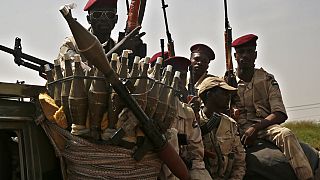
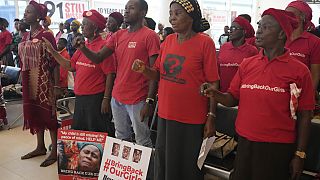
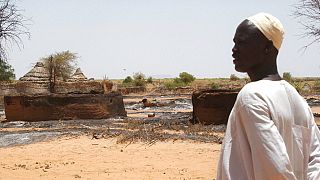
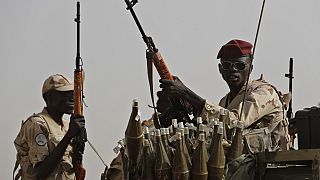
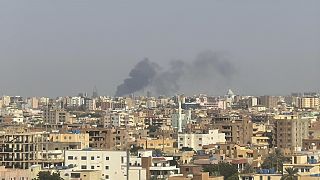
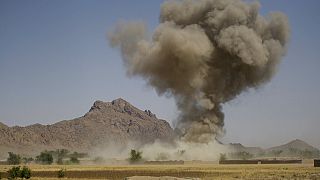
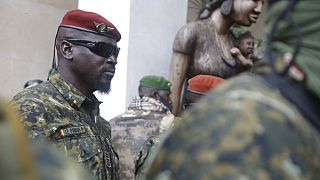

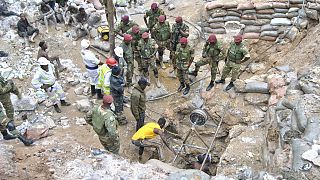
02:17
Nearly 500 million children live in conflict zones, face violations - Report
00:59
RSF militia accused of 'massacre' in Sudan's Gezira state
01:08
Africa reports 134 new polio cases on World Polio Day
01:08
Türkiye under attack: African nations call out cowardly terrorism
01:12
France pledges aid to Lebanon as Israel continues its offensive
01:06
Cholera fears as Sudan faces a worsening water crisis